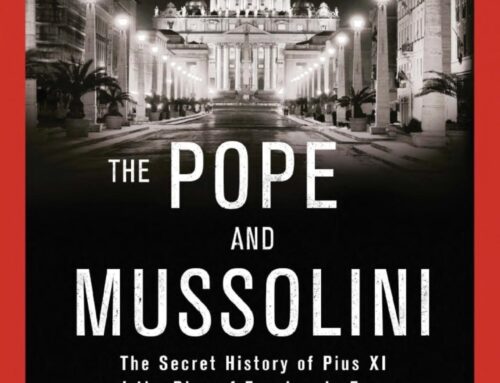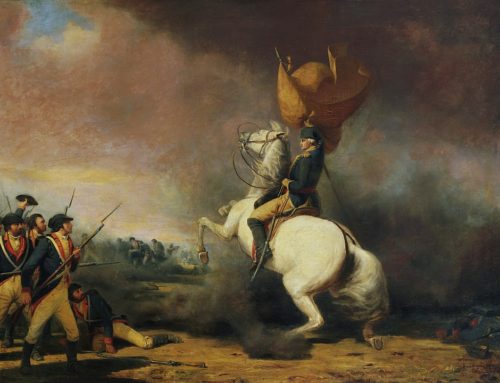By James Giblin
I enjoyed this book thoroughly. This book focuses on the Red Scare and the role by Senator Joseph McCarthy in creating it. Although McCarthy pursued his anti-Communist crusade with a zeal, he hurt many innocent people and unfairly singled out private citizens. Hopefully, in our fight against any future threats we can pursue those admirable goals without descending into the mud.
At the end, Joe McCarthy ruined himself. He badly overplayed his hand. The Senate ultimately censured McCarthy on December 2, 1954, citing that many of his actions were reprehensible. McCarthy’s life was indeed a round trip. He was one of seven children, born to hardscrabble Irish-Catholic farming family. At his height, McCarthyism held incredible sway over the American public. At his zenith he was universally feared. At the end, he died alone without many supporters. He could never understand why Richard Nixon, J Edgar Hoover, Heart Magazine, his fellow Senators, and even the general public turned against him.
McCarthyism began on February 9, 1950 when McCarthy, then a relatively obscure Republican Senator from Wisconsin, announced during a speech in Wheeling, West Virginia, that he had in his possession a list of 205 communists who had infiltrated the U.S. State Department. The unsubstantiated declaration was a publicity stunt. It put McCarthy in the spotlight. He only named one official who he determined was guilty of association with Communism: Owen Lattimore, an expert on Chinese culture, advised the State Department. Lattimore was not a “top Russian spy” in America as McCarthy claimed.
McCarthyism was a vociferous campaign, from 1950-1954, against alleged communists in the U.S. carried out by Joe McCarthy. Many people unfairly lost their jobs. During that era, the Fifth Amendment, which guarantees one the right against self-incrimination, was by-passed. People who invoked the Fifth Amendment in many cases lost their jobs without any compensation. McCarthy heaped verbal abuse on anyone who “claimed fifth amendment protection.” Nobody came to the witnesses help because of their fear of McCarthy.
By early 1954, McCarthy lost the support of much of his Republican Party because of his controversial tactics. He even accused several U.S. Army officers of communist subversion. He accused the legendary, George Marshall, of being a “pinko” which angered President Dwight Eisenhower.
In retaliation, President Eisenhower pushed for an investigation of McCarthy’s charges against the army. The televised hearings exposed the senator as a reckless and excessive tyrant who never produced proper documentation for most of his claims.
The climax of the hearings came on June 9, when Joseph N. Welch, special attorney for the army responded to McCarthy attack on a member of his law firm by facing the senator and tearfully declaring, “Until this moment, senator, I think I never gauged your cruelty or your recklessness. Let us not assassinate this lad further, senator. You have done enough. Have you no sense of decency, sir? If it were in my power to forgive you for your reckless cruelty I would do so. I like to think I am a gentleman, but your forgiveness will have to come from other than me.”
With that speech, Welch took the air out of McCarthy. Several months later, the U.S. Senate voted 65-22 to condemn Senator McCarthy for conduct unbecoming of a senator. The condemnation was equivalent to a censure. By the time of his death from alcoholism in 1957, the influence of McCarthy was negligible. The conservative movement did not get back on track until the nomination of Senator Barry Goldwater in 1964 and the election of President Ronald Reagan in1980



